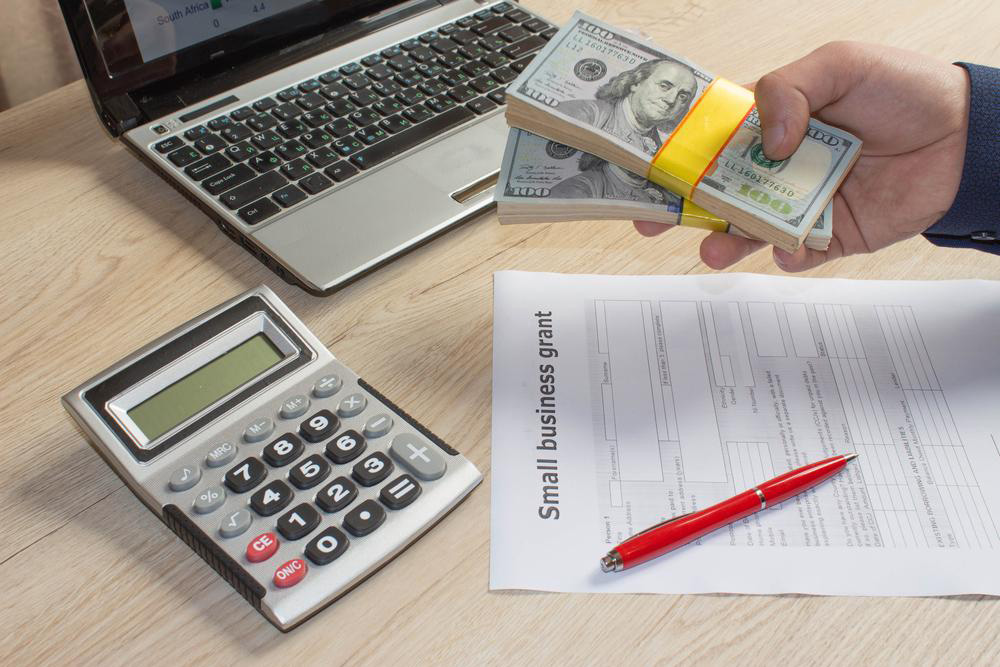All about high risk business loans and its alternatives
Lending institutions consider lending for your business a high risk if you are struggling with bad credit or poor sales. The definition of high risk business varies with each leading institution. The most common features are:
Bad credit
If your business or you have bad credit history, then your business is considered to be risky by the lender and most transitional financial institutions would not lend you money.

Poor cash flow
If your company has poor or sporadic cash flow, the lender might consider this as negatively impacting your repayment ability and thus not lend you money. The business owner might use his personal property as collateral and apply for a business loan.
Payment history
If the business owner or the business has filed for bankruptcy or has tax liens; traditional banks do not lend money.
New business
Start up companies, of less than a year to 3 years find it difficult to get their business loans approved by many financial institutions. As they have not yet proved their sustainability, lenders consider them high risk.
In some cases, a business cash advance might be a better option. Business cash advance lending companies usually do not require you to have a business plan, good credit, collateral or financial documents. They are based on future credit card sales. Flexible repayment options are provided; when sales drop, smaller payments can be made and vice versa.
An alternate to the traditional business loan is SBA loans i.e the government covers a large percentage of losses should the borrower fail to repay their SBA loan. If a business can prove that they were unable to acquire a traditional loan, they can apply for one with SBA enhancement.
High-risk assets based lending might prove to be a good option for the borrower owning commercial or personal real estate. The lender uses the asset as collateral and offers loan amount up to 50% of the asset’s equity.
Invoice financing is a type of business to business transaction, where one company sells its 30-90 days unpaid invoices to another company in return for immediate financial help. The factoring company forwards a major percentage of the invoice’s value and charges the borrowing company a fee. The factoring company releases the remaining amount once all the invoices are fully paid.
Small businesses can also lease their equipment to a leasing company for a period of time in return for financing. At the end of the leasing period, the business can purchase the equipment or extend the leasing period. The lender has reduced risk, as the equipment is used as collateral.











